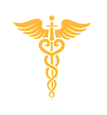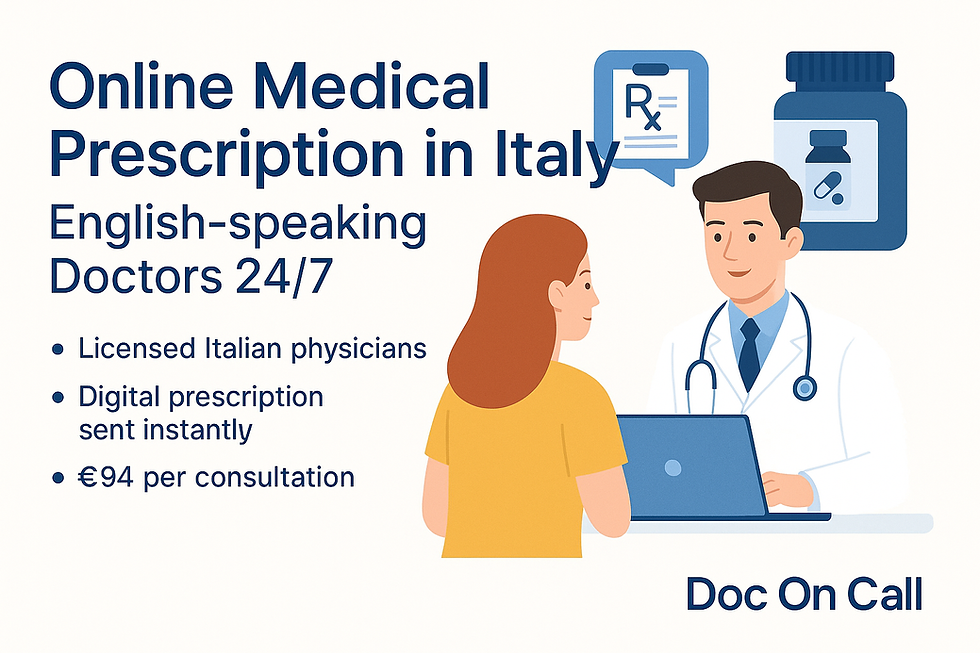Diarrhea: When and How to Treat It
- Doc On Call
- Jan 5, 2025
- 2 min read
Diarrhea is a common condition characterized by frequent, watery bowel movements. While it is often self-limiting, it is important to recognize when it requires medical attention and proper treatment.
Common Causes of Diarrhea
Diarrhea can result from various factors, including:
Viral infections: such as rotavirus or norovirus.
Bacterial infections: like Salmonella, Escherichia coli, or Campylobacter.
Food intolerances: such as lactose intolerance.
Drug reactions: certain antibiotics and laxatives can disrupt gut flora.
Chronic conditions: irritable bowel syndrome (IBS) or inflammatory bowel disease (IBD).
When to Treat Diarrhea
Not all types of diarrhea require intensive treatment. In many cases, it resolves on its own within a few days. However, treatment is necessary in the following situations:
DehydrationDiarrhea can lead to rapid fluid and electrolyte loss, causing symptoms such as intense thirst, dry mouth, decreased urination, fatigue, and confusion. It is crucial to rehydrate with oral rehydration solutions or, in severe cases, intravenous fluids.
Prolonged diarrheaIf diarrhea persists for more than 48 hours without improvement, a medical evaluation is recommended to identify the cause and initiate appropriate treatment.
Presence of blood or mucusDiarrhea accompanied by blood, mucus, or high fever may indicate a bacterial infection or inflammatory condition that requires immediate attention.
Infants, children, and the elderlyThese groups are particularly vulnerable to dehydration and intestinal infections. In such cases, prompt medical consultation is essential.
TravelersTraveler’s diarrhea, often caused by contaminated food or water, may require antibiotics or specific treatments depending on its severity.
Managing Diarrhea
The management of diarrhea involves several strategies:
Rehydration: Drinking electrolyte solutions is essential. Plain water alone is insufficient to replace lost salts.
BRAT diet: Bananas, rice, applesauce, and toast are light foods that can help stabilize the gut.
Antidiarrheal medications: Drugs like loperamide can help reduce the frequency of bowel movements but should be used cautiously and avoided if a bacterial infection is suspected.
Probiotics: These can help restore gut flora, particularly after antibiotic use.
Prevention
To prevent diarrhea, follow these simple guidelines:
Wash hands regularly with soap and water.
Eat properly cooked foods and drink safe, potable water.
Avoid dairy products or foods that cause personal sensitivity.
Pay attention to food storage, especially in hot climates.
+39 3759027719
The Health Guard S.T.P.






